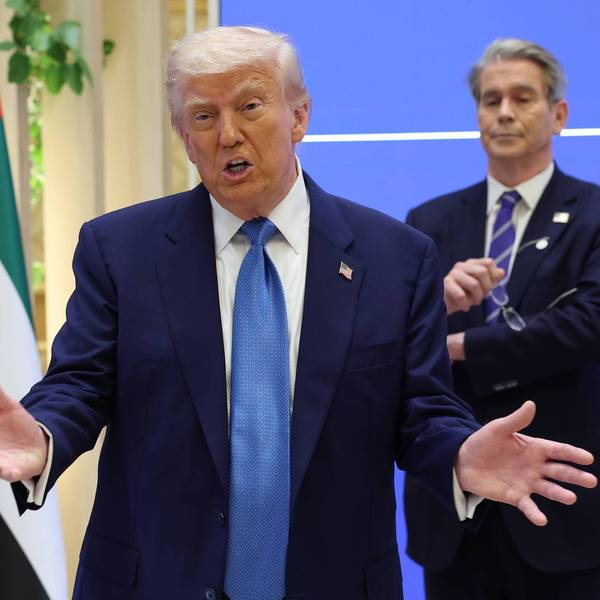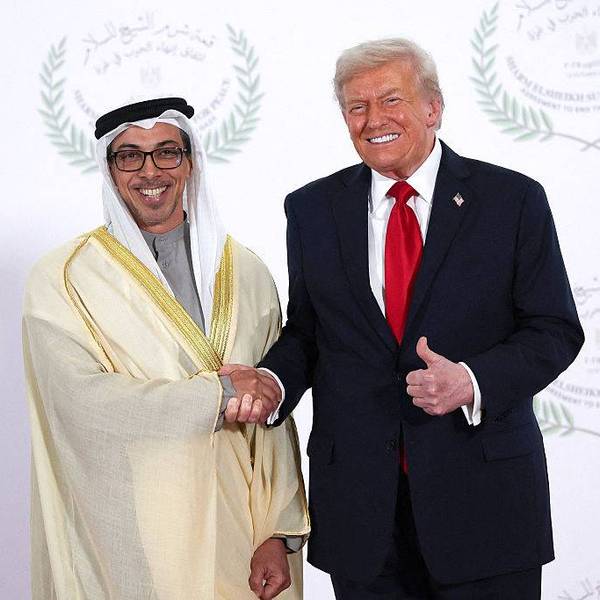The remarkable story of how we have come to privatize political corruption in this country reached another milestone Wednesday as the Supreme Court, John Roberts presiding, handed down its decision in McCutcheon v. FEC, effectively demolishing the aggregate, two-year limit on contributions by individuals, and taking a big chunk out of Buckley v. Valeo, the misbegotten 1976 decision that got the ball rolling in the first place. It was a 5-4 vote, with the court split exactly as it had in the Citizens United case. In writing the opinion for the court, Roberts further emphasized the equation of money with speech, and also seemed to agree with Anthony Kennedy's famous assertion in Citizens United that the ability of megadonors to shovel gobs of money into the election process,"We now conclude that independent expenditures, including those made by corporations, do not give rise to corruption or the appearance of corruption." Roberts writes:
Significant First Amendment interests are implicated here. Contributing money to a candidate is an exercise of an individual'sright to participate in the electoral process through both political ex-pression and political association. A restriction on how many candi-dates and committees an individual may support is hardly a "modestrestraint" on those rights. The Government may no more restrict how many candidates or causes a donor may support than it may tella newspaper how many candidates it may endorse. In its simplest terms, the aggregate limits prohibit an individual from fully contrib-uting to the primary and general election campaigns of ten or more candidates, even if all contributions fall within the base limits. And it is no response to say that the individual can simply contribute lessthan the base limits permit: To require one person to contribute atlower levels because he wants to support more candidates or causesis to penalize that individual for "robustly exercis[ing]" his FirstAmendment rights. (Davis v. Federal Election Comm'n, 554 U. S. 724, 739.) In assessing the First Amendment interests at stake, the proper fo-cus is on an individual's right to engage in political speech, not a col-lective conception of the public good. The whole point of the FirstAmendment is to protect individual speech that the majority might prefer to restrict, or that legislators or judges might not view as use-ful to the democratic process. The aggregate limits do not further the permissible governmental interest in preventing quid pro quo corruption or its appearance.
What's good for Koch Industries is good for Sheldon Adelson, I guess. Roberts goes on.
This Court has identified only one legitimate governmental interest for restricting campaign finances: preventing corruption or the appearance of corruption. See Davis, supra, at 741. Moreover, the only type of corruption that Congress may target is quid pro quo corruption. Spending large sums of money in connection with elec-tions, but not in connection with an effort to control the exercise of an officeholder's official duties, does not give rise to quid pro quo corrup-tion. Nor does the possibility that an individual who spends large sums may garner "influence over or access to" elected officials or political parties.
And John Roberts apparently resides on Neptune. And, in case you didn't get the point.
Finally, disclosure of contributions minimizes the potential for abuse of the campaign finance system. Disclosure requirements are in part "justified based on a governmental interest in 'provid[ing] the electorate with information' about the sources of election-related spending." Citizens United, 558 U. S., at 367 (quoting Buckley, supra, at 66).They may also "deter actual corruption and avoid theappearance of corruption by exposing large contributionsand expenditures to the light of publicity." Disclosure requirements burden speech, but, unlike the aggregate limits, they do not impose a ceiling on speech.
Having earlier argued that there was a First Amendment issue to be found in the aggregate limits because they hindered an individual's right to participate in the political process -- It is here helpful to note the everlasting irony of Antonin Scalia's view of Bush v. Gore. There is no individual right to vote, but an individual's right to purchase a candidate must be untrammeled -- but here, Roberts is saying it plain. To restrict money is to restrict speech. Period. And the only real legal restraint on the wholesale subletting of American democracy is John Roberts's strange devotion to "disclosure" as some sort of shaming mechanism within the electorate. Good luck with that one.
Justice Stephen Breyer takes up a lot of these points in his dissent, most notably, the majority's laughably narrow definition of what political corruption actually is -- that political corruption exists only if you buy a specific result from a specific legislator. But it hardly matters. The five-vote majority in favor of virtually unlimited corporate and individual spending in our elections is a rock solid one. Four days after almost every Republican candidate danced the hootchie-koo in Vegas to try and gain the support of a single, skeevy casino gazillionnaire, the majority tells us that there is no "appearance of corruption" in this unless somebody gets caught putting a slot machine in the Lincoln Bedroom on behalf of Sheldon Adelson. Money talks. Big money repeats itself, over and over, age after age.



